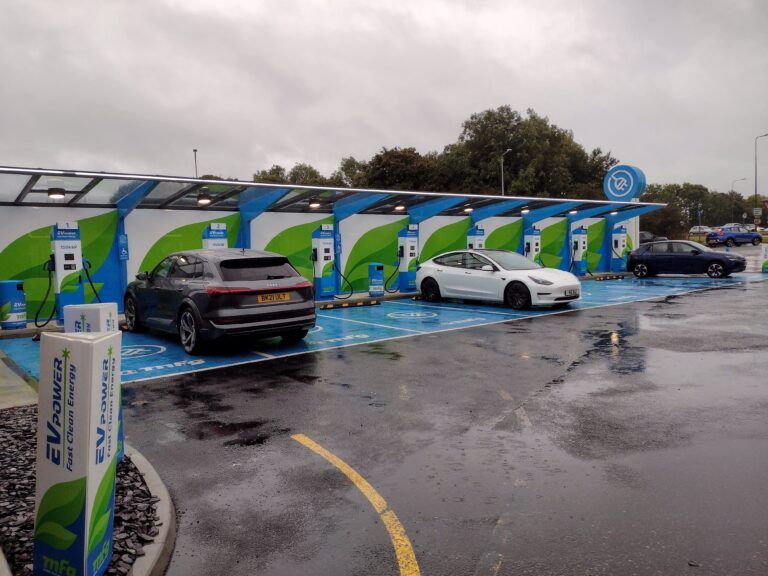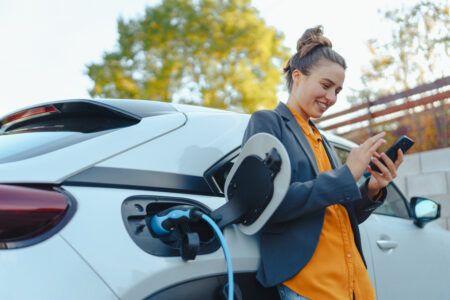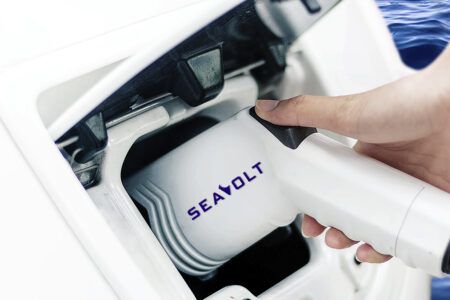An initiative has been proposed to improve the chargepoint experience for EV users with disabilities and is seeking feedback on a draft proposal. The outcomes will impact chargepoint users, landowners and chargepoint operators and manufacturers.
Cenex is working to improve the chargepoint experience for EV users with disabilities as there is “virtually no useful accessibility information available”.
Working with The Office for Zero Emission Vehicles (OZEV), Cenex has created a draft proposal for public EV charging accessibility data and is seeking feedback to inform the data that CPOs are required to make available for their chargepoints in the UK.
Its purpose is to give e-Mobility Service Providers (eMSPs) the ability to provide accessibility information to users, subsequently improving the public charging experience for all EV users and in particular those with disabilities.
Anyone with an interest in public EV charging accessibility is welcome to respond. However it is primarily designed for public Chargepoint Operators (CPOs), e-Mobility Service Providers (eMSPs), and stakeholders working on the topic of disabled accessibility of EV charging or other public places.
As a result of the survey responses and the wider scheme of work with OZEV, EV users with disabilities will be able to identify public chargepoints that meet their accessibility needs, and ignore those that do not. This will make journey planning easier for those already using an EV and help to remove a barrier to the EV transition for disabled people yet to make the switch.
Indirectly, visibility of public chargepoints’ accessibility will encourage landowners, chargepoint manufacturers and chargepoint network operators (CPOs) to continually improve accessibility of hardware and installation designs and compliance with new accessibility standard, PAS 1899.
Sam Abbott, technical specialist at Cenex, said: “Currently, there is virtually no useful information available for EV users with disabilities to understand whether a public EV chargepoint will meet their accessibility needs.
“The transition to EVs could be an opportunity for the personal mobility of people living with disabilities, not a barrier.
“The key to this is ensuring data is shared on how accessible public chargepoints are, and allowing current and prospective EV users to decide whether any public installation will meet their individual accessibility needs.
“By responding to this survey, you will be directly informing the data that CPOs are required to make available for their chargepoints in the UK”.
The survey closes 31st July 2022.





